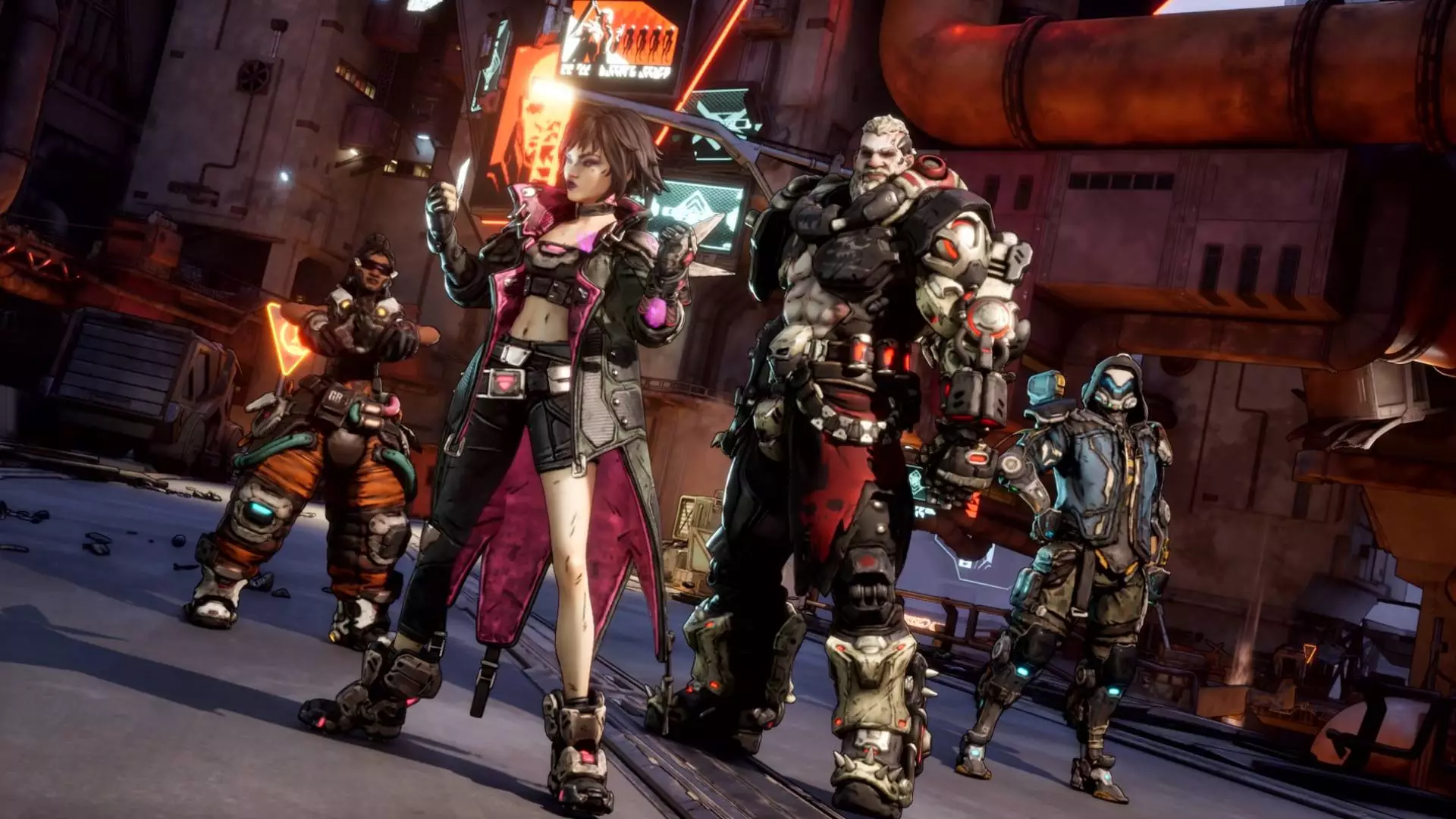As the gaming world eagerly awaits the launch of Borderlands 4, the excitement generated by developer Gearbox is palpable. Randy Pitchford, the charismatic leader of Gearbox, has taken to social media, engaging directly with fans to gauge their opinions on what makes a video game “better.” This dialogue not only establishes a connection with the player base but also positions Pitchford as a thoughtful steward of the franchise. His candid engagement suggests a new era of transparency in video game development, one that invites player feedback into the creation process itself.
The Metrics of Success: Play Time Versus Quality
At the heart of Pitchford’s Twitter polls lies an intriguing debate: how should we measure a game’s success? Players often lean toward “high actual play time” as an indicator of quality. However, Pitchford’s observations challenge this conventional wisdom. The discrepancy in the perceived playtime between Borderlands 2 and 3 raises a profound question: Is time spent in a game the true indicator of enjoyment and value? He pointed out a critical nuance—players might underappreciate the relatively longer lifespan of Borderlands 2, which has cultivated a different kind of relationship with its audience over the years.
Pitchford argues for a focus on “relativity” instead of raw statistics. This perspective is essential in understanding gaming experiences. The extremes of player engagement—those consuming content in short bursts versus those immersed for hours—create skewed averages. Such nuances remind us that quality of experience matters more than quantity, a sentiment that resonates deeply in an industry often driven by metrics.
Individuality in Gaming Preferences
As Pitchford acknowledged, “individual tastes vary,” reflecting the subjective nature of entertainment. Every gamer is an “edge case,” a unique data point shaped by personal preferences and experiences. This diversity complicates the notion of a single “better” game, revealing the multi-faceted nature of gaming enjoyment. The beauty of interaction with fans underscores the importance of understanding audience needs while developing games that aspire to elevate the franchise.
Confidence in Progress: The Journey to Borderlands 4
Despite the buzz generated from his polls, Pitchford remains resolute that Borderlands 4 promises to be an upgrade over its predecessor, Borderlands 3. His optimism stems possibly from the lessons they’ve learned during development and a desire to innovate rather than merely iterate. With promised enhancements across all measurements—both objective and subjective—Pitchford’s confidence bodes well for the upcoming title.
Moreover, the announcement of the game arriving a mere 11 days ahead of previous estimates feels like a delightful surprise for fans. This kind of accessibility fosters loyalty and excitement, indicating Gearbox’s commitment to their audience’s experience.
As we count down to September 12, when Borderlands 4 will make its debut on various platforms, the gaming community brims with hope. The critical eye cast on developers like Gearbox will likely shape the directions they take in future iterations, paving the way for a new standard in gamer-developer relations.


Leave a Reply